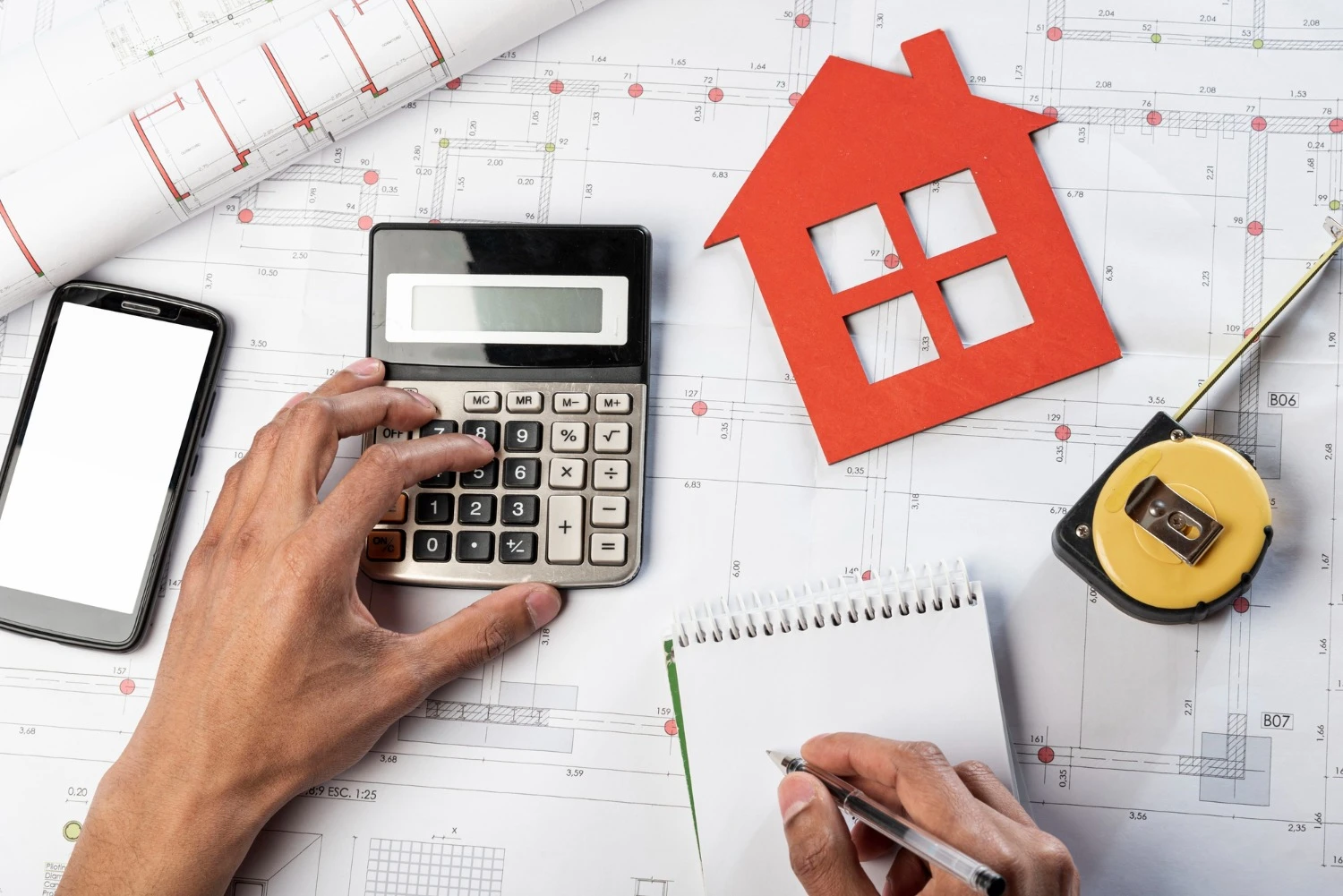
Utah's housing market is a dynamic landscape shaped by demand, supply, and economic factors. In this blog, we will explore the current state of the market, its historical context, and what the future may hold for prospective buyers and sellers.
Understanding the Market
The Utah housing market is a fascinating blend of historical trends and modern dynamics. To comprehend its current state, it's essential to look at its evolution over recent years. From a period of rapid growth to the stabilization phase we're witnessing today, each stage has been marked by unique characteristics that have shaped buyer and seller behaviors.
A Look Back: The Growth Surge
Utah experienced a remarkable growth surge starting in 2020, a trend catalyzed by an influx of residents from states like California, Texas, and New York. This migration led to unprecedented demand, which far outpaced the available housing supply. The result? A steep climb in home prices that lasted until the summer of 2022 when interest rates began to rise significantly.
During this period, Utah became a hotspot for new residents seeking a blend of economic opportunities and quality of life. Communities expanded rapidly as developers scrambled to meet the soaring demand. However, the inevitable economic adjustments arrived as interest rates increased, leading to a more balanced market.
The Impact of Interest Rates
Interest rates play a pivotal role in shaping real estate markets. In Utah, the rise in interest rates in 2022 marked a turning point. While historically low rates had fueled buyer frenzy, the increase led to a stabilization phase where market dynamics began to shift. Prospective buyers faced higher borrowing costs, prompting a reevaluation of purchasing power and priorities.
Despite these challenges, Utah's market remained resilient. Home prices continued to rise, albeit at a slower pace, driven by ongoing demand. The market did not crash as some predicted, thanks to underlying factors such as population growth and economic stability. The Federal Reserve's potential interest rate cuts in the future could further influence market trends, potentially spurring renewed buyer activity.
Current Market Analysis
Today, Utah's housing market presents a complex picture. The number of homes for sale has increased, reaching over 10,000—a significant shift from the pandemic lows. This increase in supply has introduced a degree of balance, allowing for more nuanced buyer-seller dynamics.
However, the market remains competitive. Homes priced correctly or situated in desirable neighborhoods still attract multiple offers, underscoring the ongoing demand. Meanwhile, properties that linger on the market often do so due to pricing misalignments, highlighting the importance of strategic pricing in today's environment.
Buyer vs. Seller Market Dynamics
The current market dynamics in Utah oscillate between a buyer's market and a seller's market, depending on specific conditions. In areas where supply meets demand, buyers may find themselves with more negotiating power. Conversely, in high-demand neighborhoods, sellers continue to hold the upper hand.
Understanding these dynamics is crucial for both buyers and sellers. For buyers, it means recognizing opportunities where they can leverage market conditions to their advantage. For sellers, it involves strategic pricing and positioning to maximize returns in competitive areas.
The Role of New Construction
New construction has become a significant player in Utah's real estate landscape. Traditionally accounting for a smaller portion of the market, new developments now represent nearly a quarter of all home sales. This shift reflects both demand for modern amenities and the need to address ongoing housing shortages.
Builders are responding to market needs with attractive incentives, such as rate buy-downs, which make new homes appealing to buyers facing high interest rates. These incentives, coupled with strategic partnerships with experienced real estate professionals, offer buyers a viable pathway into the market.
Explore Utah Real Estate
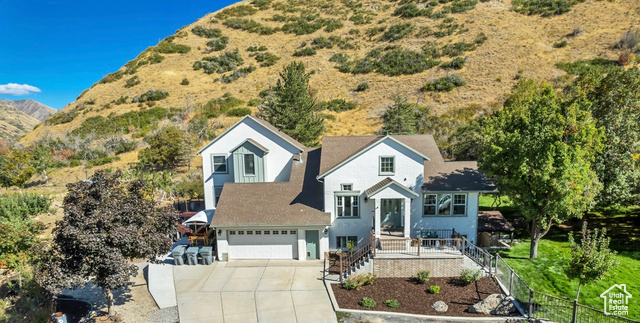
24 QUIET MEADOW LN, Mapleton, UT
$1,235,000
Bedrooms: 4 Bathrooms: 6 Square feet: 4,771 sqft

83 W 850 S, Centerville, UT
$815,000
Bedrooms: 5 Bathrooms: 3 Square feet: 3,999 sqft
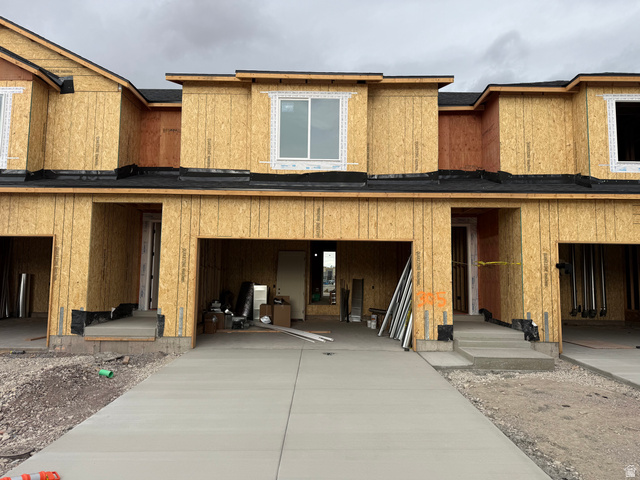
653 E RYEGRASS DR #305, Eagle Mountain, UT
$387,900
Bedrooms: 3 Bathrooms: 3 Square feet: 1,985 sqft
As Utah continues to grow, new construction will play a vital role in alleviating housing pressures. Developers are tasked with balancing growth and sustainability, ensuring that Utah's communities can accommodate new residents without compromising quality of life.
Future Demand Predictions
Understanding future demand in Utah's housing market requires a deep dive into demographic trends, economic forecasts, and lifestyle shifts. With Utah's population expected to continue growing, driven by both natural increases and migration, the demand for housing is likely to remain robust. This growth is fueled by a strong job market, high quality of life, and a relatively young population.
The state's economic resilience, characterized by diverse industries such as technology, healthcare, and education, supports a steady influx of new residents. As remote work becomes a permanent fixture for many, Utah's appeal as a destination with a lower cost of living compared to coastal cities further enhances its attractiveness.
Moreover, the desire for more space and the allure of outdoor recreation opportunities are compelling factors for families and individuals relocating to Utah. These elements collectively suggest a sustained demand for housing, particularly in suburban and rural areas where land is more readily available for development.
Identifying Opportunity Areas
In the midst of Utah's growing housing demand, savvy investors and potential homeowners should focus on identifying prime opportunity areas. These are regions poised for significant growth due to infrastructure improvements, economic investments, and changing lifestyle preferences.
One key factor is proximity to major transportation routes and urban centers. Areas with upcoming transit projects or highway expansions often see increased interest from buyers and developers alike. Additionally, regions with planned commercial and retail developments tend to attract residents seeking convenience and accessibility.
Another important consideration is the availability of amenities such as parks, schools, and healthcare facilities. Neighborhoods offering these features often experience higher appreciation rates, making them attractive for both living and investment purposes.
Northern Utah: A Growing Market
Northern Utah, particularly the areas west and northwest of Ogden, is emerging as a significant growth corridor. This region's transformation from agricultural land to vibrant residential communities highlights its potential as a key player in the state's housing market.
The recent infrastructure improvements in Davis County have significantly reduced commute times to Salt Lake City, enhancing the appeal of these northern areas. As a result, towns like Syracuse, Hooper, and West Haven are experiencing rapid development, with new subdivisions and master-planned communities sprouting up.
For prospective buyers and investors, Northern Utah offers a compelling opportunity. The combination of affordable land prices, improving accessibility, and a growing population makes this region a strategic choice for those looking to capitalize on Utah's housing market dynamics.
Toole County: The Next Hot Spot
Toole County, located just west of Salt Lake City, is poised to become one of Utah's next real estate hot spots. With its small-town charm, proximity to major urban centers, and a burgeoning population, Toole County presents a unique blend of rural tranquility and urban convenience.
More Properties You Might Like

2031 N LAVA ROCK CIR #107, St George, UT
$4,185,000
Bedrooms: 4 Bathrooms: 5 Square feet: 5,404 sqft
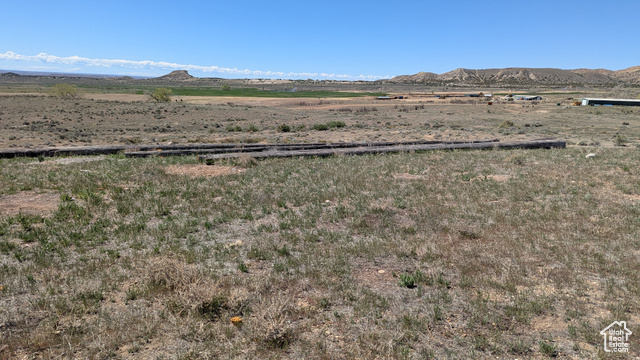
2098 E GOOSE RANCH RD, Vernal, UT
$103,000
Square feet: 274,864 sqft
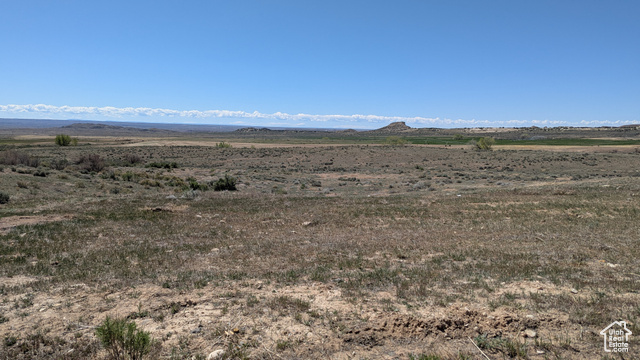
2148 E GOOSE RANCH RD, Vernal, UT
$116,000
Square feet: 309,276 sqft
The county's strategic location, just a short drive from Salt Lake City and the international airport, makes it an attractive option for those seeking a balance between work and lifestyle. Towns like Toole, Erda, and Grantsville are witnessing increased interest from both homebuyers and developers.
As infrastructure and amenities continue to develop, Toole County is expected to see significant appreciation in property values. Its potential for growth is further underscored by forecasts predicting it to be one of the fastest-growing areas in Utah over the next two decades.
Southern Utah County: Emerging Potential
Southern Utah County is another region with tremendous growth potential. Areas around Spanish Fork, Payson, and Benjamin are beginning to attract attention due to their affordability and proximity to Provo and Salt Lake City.
This region offers vast tracts of undeveloped land, making it ideal for new residential and commercial developments. The ongoing expansion of infrastructure, including roads and public transportation, is expected to further enhance its appeal.
For those seeking investment opportunities, Southern Utah County represents a promising frontier. As more residents discover the benefits of living in these areas, demand is likely to increase, driving up property values and creating a fertile ground for real estate ventures.
Conclusion and Next Steps
In conclusion, Utah's housing market offers a dynamic landscape filled with opportunities for both buyers and investors. By understanding the factors driving demand and identifying key growth areas, stakeholders can make informed decisions to capitalize on the market's potential.
Prospective buyers should focus on strategic locations with strong growth projections, while investors might consider regions undergoing significant infrastructure development. Additionally, staying abreast of policy changes and economic trends will be crucial in navigating the evolving market.
As Utah continues to grow and evolve, the housing market will undoubtedly face new challenges and opportunities. By remaining proactive and informed, individuals and businesses can position themselves for success in this thriving real estate environment.
Related Articles:








